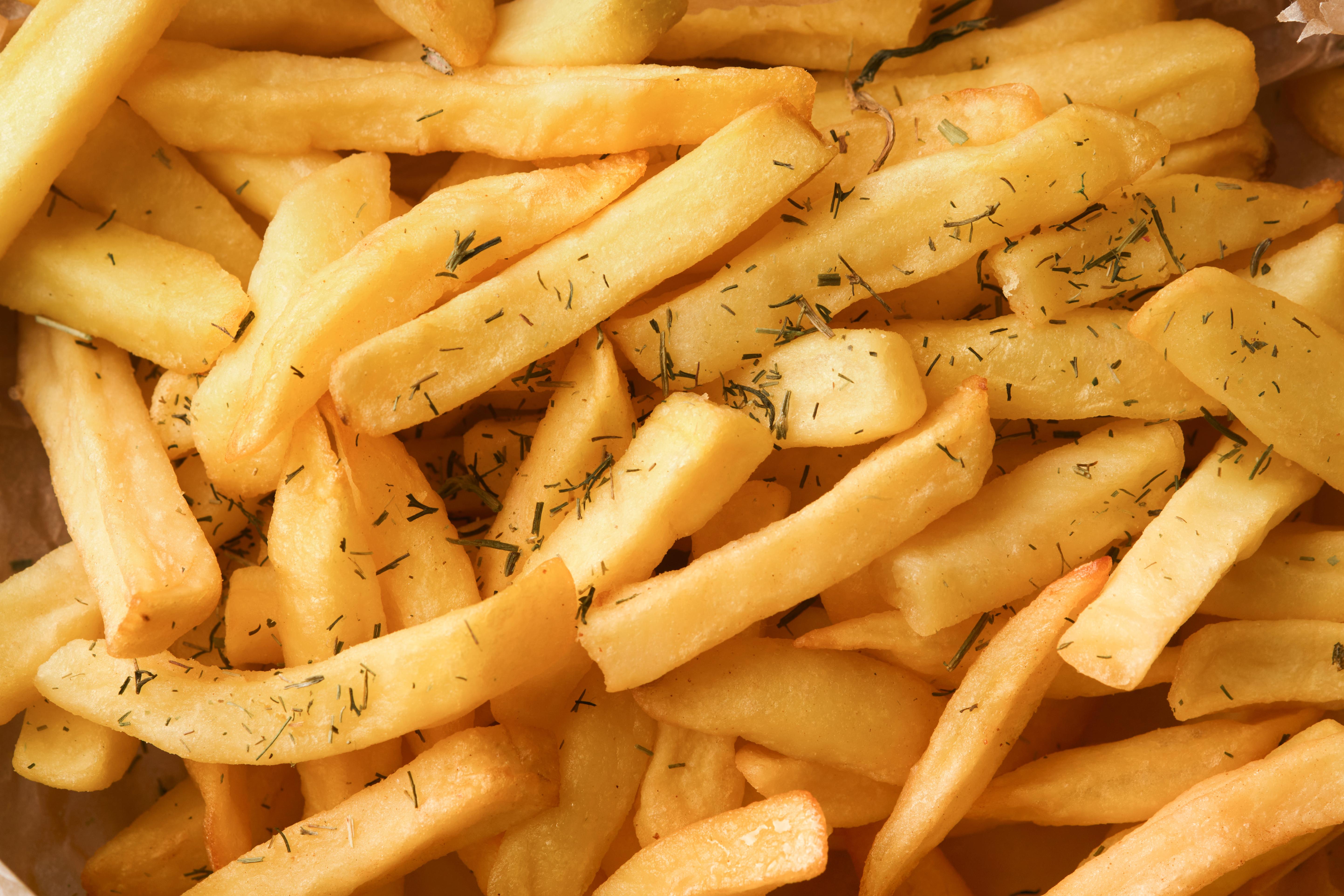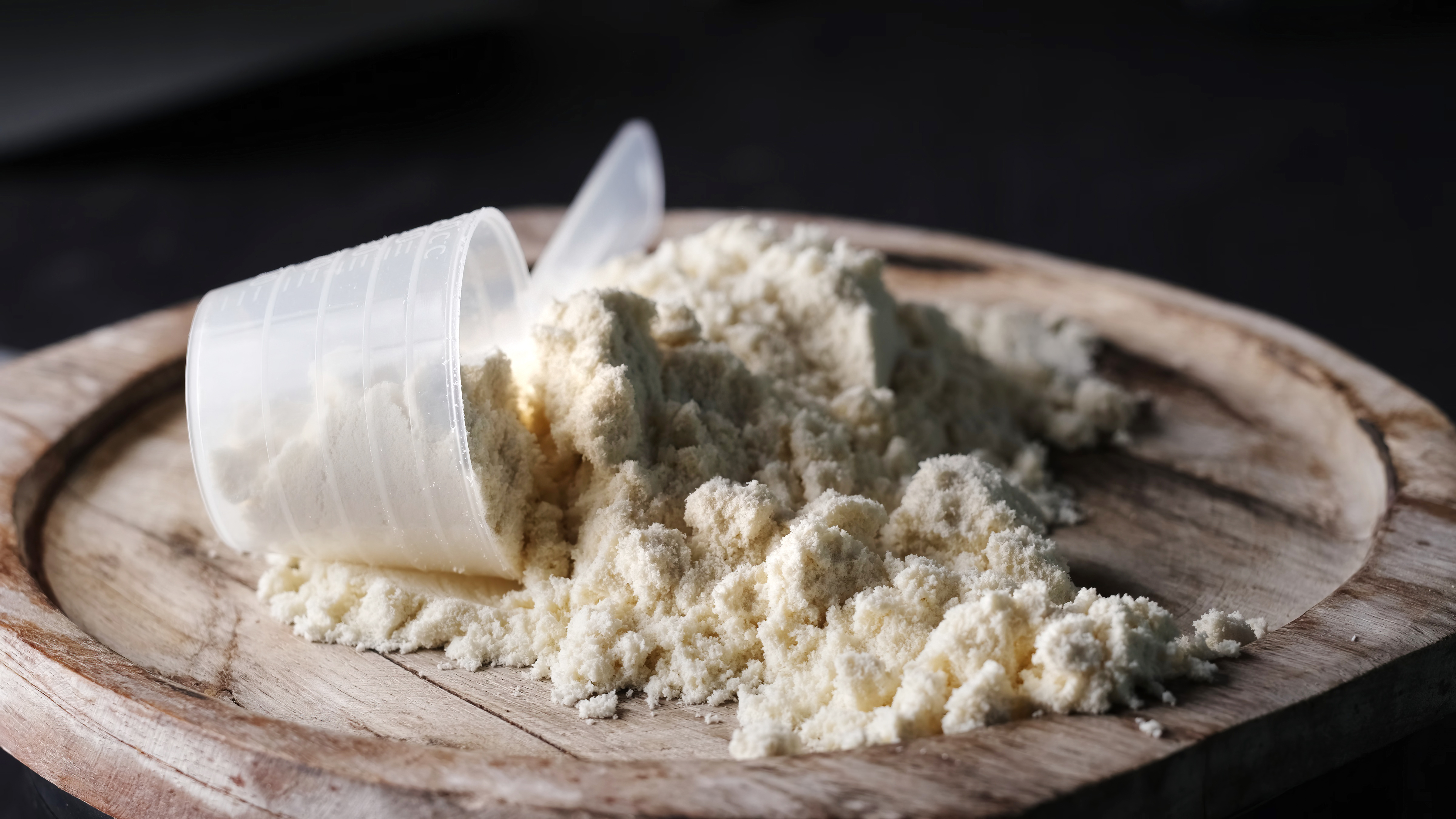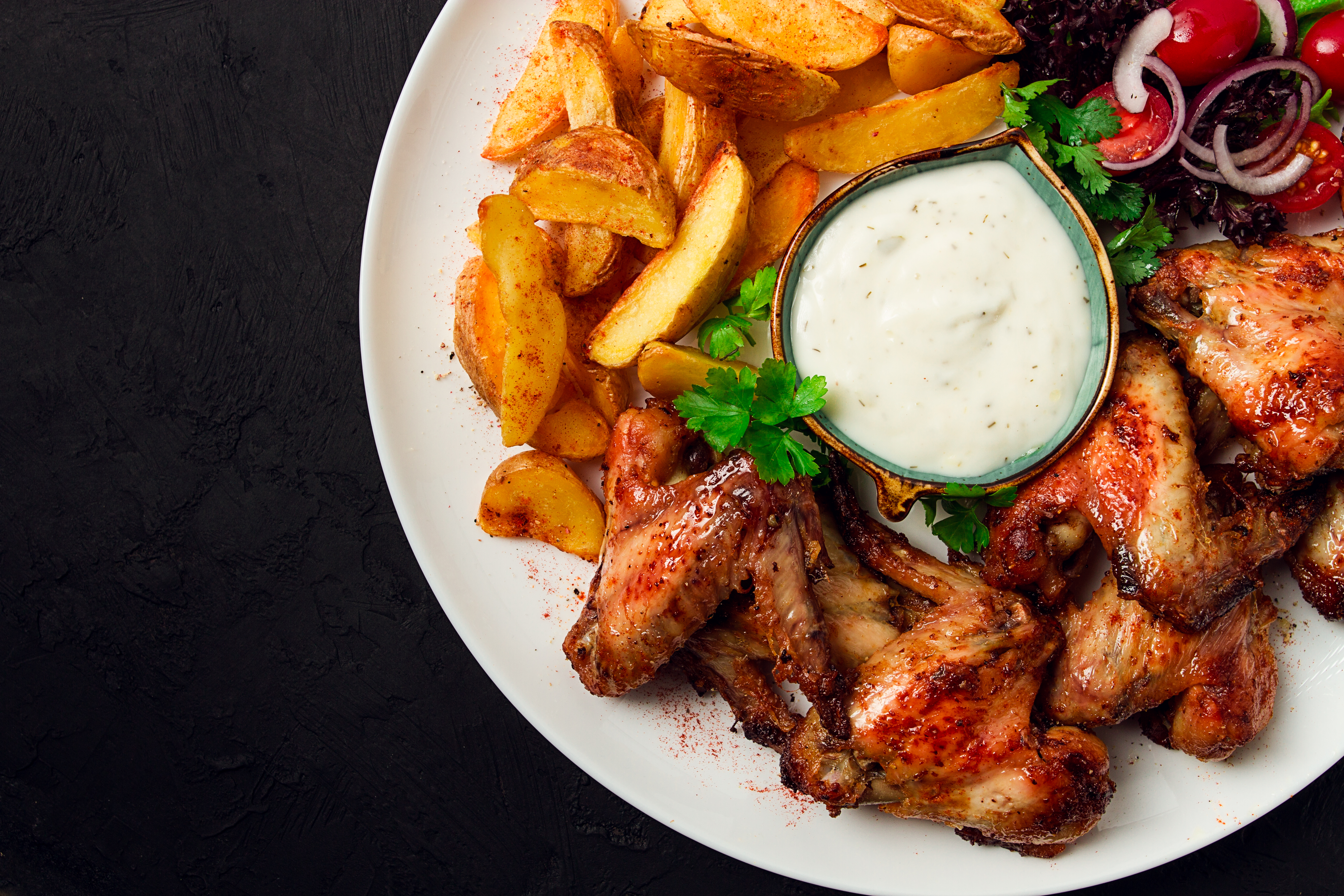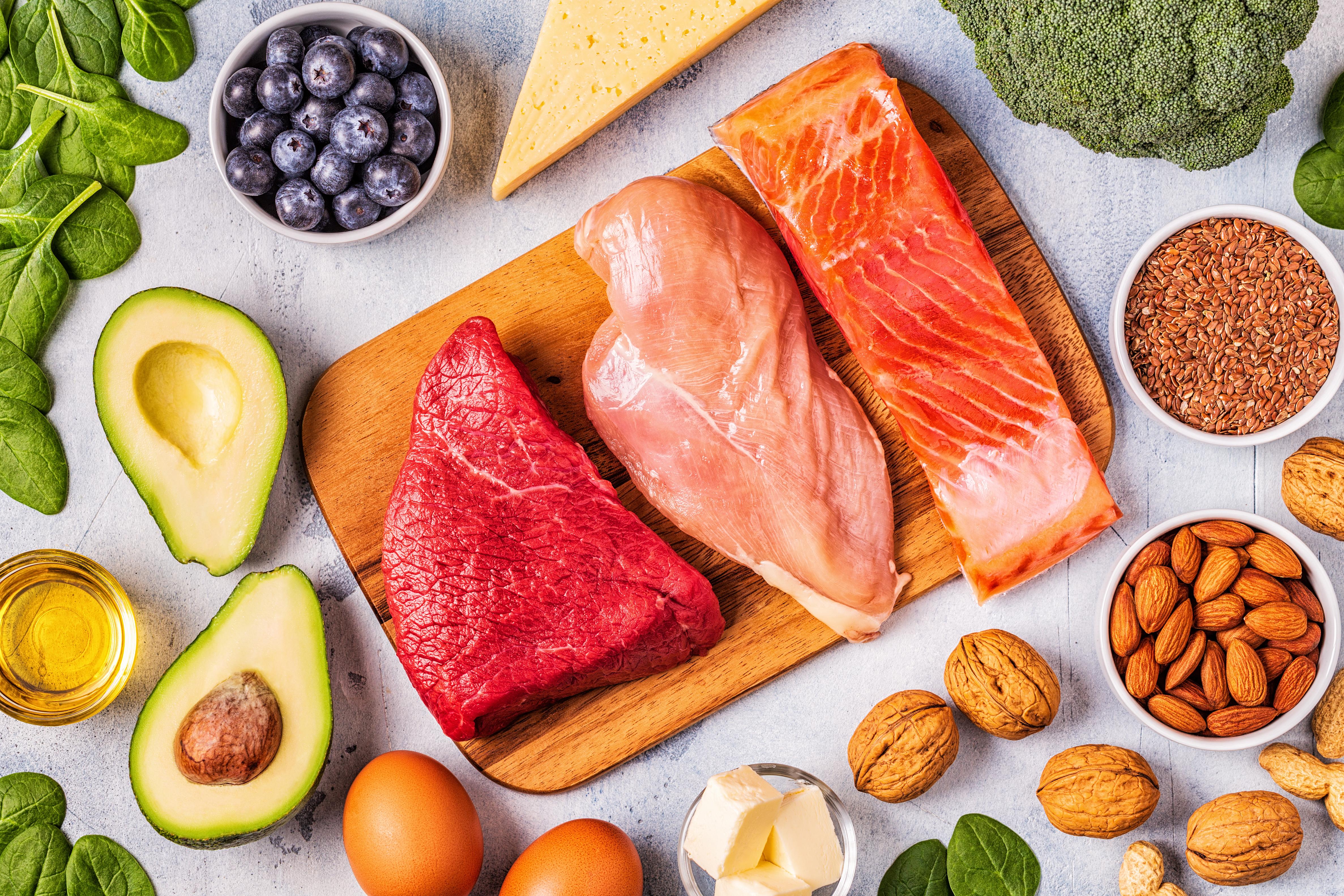The Food-Hormone Connection: What’s Really Causing Your Breakouts
Navigating the world of skincare often leads us to focus on topical treatments and skincare routines. However, a crucial aspect that frequently gets overlooked is the role of diet, particularly how certain foods influence hormones linked to acne breakouts. Hormones, such as androgens and insulin-like growth factor (IGF-1), can play a significant role in the development of acne by increasing oil production and inflammation in the skin. Understanding the relationship between what we eat and how it impacts our hormone levels can be a game-changer in managing skin health. This article delves into the top 9 foods that have been scientifically linked to hormonal changes affecting acne, offering insights into how dietary choices can either exacerbate or alleviate skin issues.
1. Dairy Products: The Double-Edged Sword

Dairy products, including milk, cheese, and yogurt, are often cited as culprits in hormone-related breakouts. They contain natural hormones and bioactive molecules that can influence the body's hormonal balance. Research suggests that milk, in particular, can increase insulin levels and IGF-1, both of which are known to stimulate the production of sebum, an oily substance that can clog pores and lead to acne. Furthermore, the presence of whey and casein proteins in dairy can exacerbate these effects. While dairy is a valuable source of calcium and vitamin D, those prone to acne may benefit from exploring plant-based alternatives or opting for organic, hormone-free dairy products.
2. High-Glycemic-Index Foods: The Sugar Spike

Foods with a high glycemic index (GI), such as white bread, sugary snacks, and sodas, cause rapid spikes in blood sugar levels, leading to increased insulin production. This insulin surge can trigger hormonal pathways that elevate androgen levels, subsequently increasing oil production in the skin. The result is an environment conducive to acne development. Studies have shown that a low-GI diet, rich in whole grains, legumes, and vegetables, can help stabilize blood sugar and insulin levels, potentially reducing the frequency and severity of breakouts. This highlights the importance of choosing complex carbohydrates over simple sugars for better skin health.
3. Chocolate: The Sweet Controversy

Chocolate has long been vilified as a trigger for acne, but the evidence is more nuanced. While pure cocoa itself is rich in antioxidants and generally considered beneficial for health, the sugar and dairy content in most commercial chocolate products can contribute to breakouts. These ingredients can exacerbate hormonal imbalances and inflammation, leading to acne flare-ups. Dark chocolate, with higher cocoa content and less sugar, may be a better option for those concerned about skin health. Moderation and mindful selection of chocolate products can allow chocolate lovers to enjoy their treats without compromising their complexion.
4. Fatty Foods: The Omega Balance

The type of fat consumed can significantly impact hormonal balance and skin health. Diets high in unhealthy trans fats and saturated fats, commonly found in fried foods and processed snacks, can increase inflammation and worsen acne. Conversely, omega-3 fatty acids, found in fatty fish like salmon and walnuts, have anti-inflammatory properties that can help regulate hormones and improve skin conditions. Balancing omega-3 and omega-6 fatty acids is crucial, as an excess of omega-6, prevalent in many vegetable oils, can promote inflammation. Prioritizing healthy fats can support hormone regulation and contribute to clearer skin.
5. Soy Products: The Estrogen Effect

Soy products, including tofu and soy milk, contain phytoestrogens, which are plant compounds that mimic estrogen in the body. While soy can be a healthy protein source, excessive consumption may disrupt the hormonal balance, particularly in individuals sensitive to hormonal fluctuations. Phytoestrogens can potentially interfere with the body's natural estrogen levels, influencing skin oil production and acne development. Moderation is key, and those experiencing hormonal acne may consider monitoring their soy intake to observe any changes in their skin condition. Opting for fermented soy products, such as tempeh, can also provide benefits without significant hormonal disruption.
6. Whey Protein: The Muscle Builder with a Catch

Whey protein, popular among fitness enthusiasts, has been linked to acne due to its impact on insulin and IGF-1 levels. As a byproduct of dairy, whey can stimulate the same hormonal pathways that increase sebum production. For individuals prone to acne, especially those consuming large amounts of whey protein for muscle building, this can lead to more frequent breakouts. Exploring plant-based protein powders, such as pea or hemp protein, can be a viable alternative that supports muscle growth without the adverse effects on skin. Understanding the body's response to different protein sources can help in making informed dietary choices.
7. Fast Food: The Processed Problem

Fast food, often high in refined carbohydrates, unhealthy fats, and sugars, is a potent combination for hormonal imbalance and inflammation. The frequent consumption of fast food has been associated with increased acne prevalence, likely due to its impact on insulin and androgen levels. The lack of essential nutrients in fast food can also impair skin health by depriving the body of vitamins and minerals necessary for hormonal regulation. Opting for home-cooked meals with fresh ingredients can provide the nutrients needed to maintain hormonal balance and promote clearer skin, highlighting the importance of dietary quality over convenience.
8. Alcohol: The Dehydrating Culprit

Alcohol consumption can indirectly affect hormones linked to acne by causing dehydration and impairing liver function, both of which can influence hormone levels. Dehydration can lead to increased oil production as the skin attempts to compensate for moisture loss, while a taxed liver may struggle to efficiently metabolize hormones. Additionally, alcohol can increase inflammation and stress levels, further exacerbating acne. Moderation and hydration are crucial, and choosing low-sugar alcoholic beverages can mitigate some of the negative effects on skin health. Being mindful of alcohol intake can support overall hormonal balance and skin clarity.
9. Processed Meats: The Hidden Hormones

Processed meats, such as sausages and deli meats, often contain preservatives and added hormones that can disrupt the body's natural hormonal balance. These additives can increase inflammation and contribute to the development of acne. Moreover, the high sodium content in processed meats can lead to dehydration, further affecting skin health. Opting for fresh, lean meats or plant-based protein sources can reduce exposure to these harmful additives and support healthier hormone levels. Understanding the impact of processed foods on hormones is essential for those seeking to improve their skin through diet.
Crafting a Hormone-Friendly Diet

The intricate relationship between diet and hormones plays a crucial role in the management of acne. By identifying and moderating the intake of foods that influence hormonal balance, individuals can take proactive steps to improve their skin health. Emphasizing a diet rich in whole, unprocessed foods, healthy fats, and low-glycemic carbohydrates can help regulate hormones and reduce the risk of breakouts. As the understanding of diet's impact on hormones continues to evolve, being informed and making mindful dietary choices remains a powerful tool in achieving clearer, healthier skin.